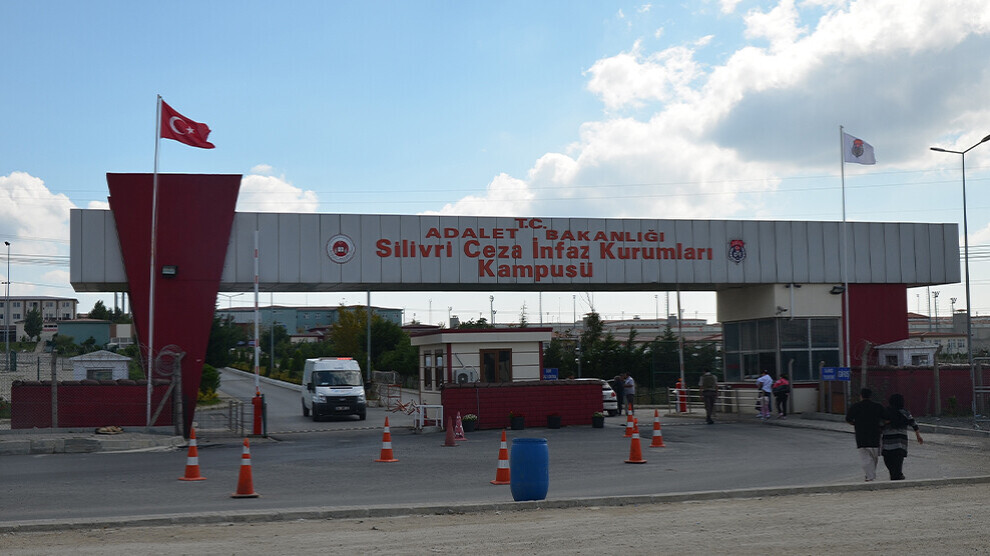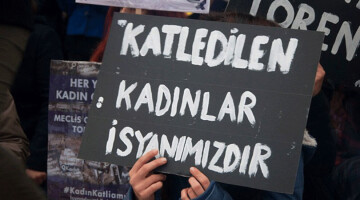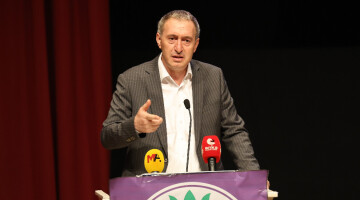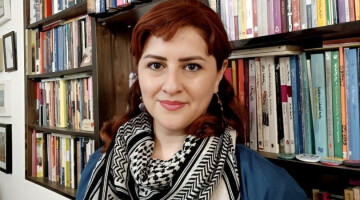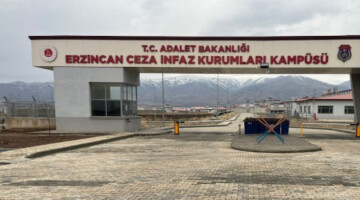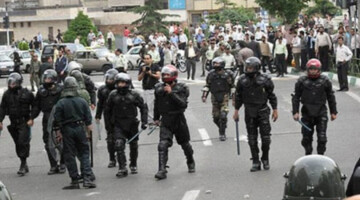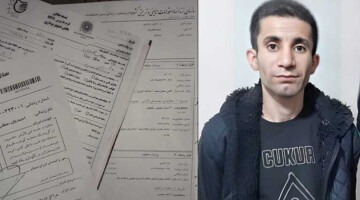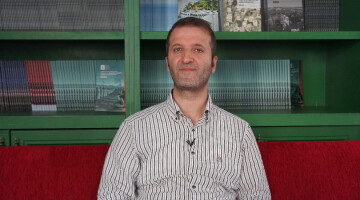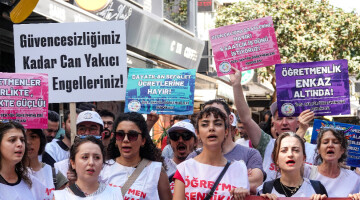A group of prisoners from the high-security Silivri No. 5 Prison has been transferred to other detention centers. The Marmara Region Prisons Monitoring Committee announced Friday that ten former inmates from the prison west of Istanbul have been distributed to as many prisons in Karabük, Akhisar, Bolu, Düzce, Izmir, Manisa, Eskişehir and Kütahya in western Turkey.
According to the Committee, the transfer concerns those prisoners who had been mistreated and coerced into attempting suicide by guards at Silivri. In the case of Ferhan Yılmaz, the attempt did not stop there. The 28-year-old Kurd from Batman died on Sunday in an Istanbul hospital. According to the prison administration, he died of a heart attack; the Institute of Forensic Medicine noted an infectious disease as the form of death on the death certificate.
These accounts are contradicted by Yılmaz's relatives as well as fellow prisoners and the Monitoring Committee for Prisons in the Marmara Region, an alliance of human rights, civil rights and health organizations, including the IHD and the Foundation for Human Rights (TIHV). Footage from the hospital room in the intensive care unit of Silivri State Hospital and the condition of the body suggest that Ferhan Yılmaz died as a result of torture. A second detainee, whose name remains unknown, is also believed to have died in Silivri as a result of massive violence.
Silivri: Internment camp for opposition members
Opened in 2008, the Silivri Prison Complex is considered the largest prison in Europe and is notorious for assaults, harassment and violence. Officially, the building is called "Silivri Prison Campus." It is located one kilometer from the Sea of Marmara in the Silivri town of the same name, about 70 kilometers west of Istanbul.
There are ten individual detention complexes on the site with multi-person as well as single cells, including for women, plus a hospital and several courtrooms. The patrol road around the compound is about the size of 200 soccer fields. Outside the walls are about 500 service apartments for employees. Government figures on capacity vary between 10,000 and 13,000 inmates. In contrast, human rights organizations repeatedly point to overcrowding in the cells.
Opposition activists describe the Silivri complex as an internment camp because it is mainly critics of President Recep Tayyip Erdoğan who are imprisoned there; media workers, politicians, scientists, lawyers and other leaders of civil society. Silivri currently holds more than 15,000 prisoners, most of them political prisoners such as Selçuk Kozağaçlı, chairman of the Contemporary Lawyers' Association (ÇHD), or civil rights activist Osman Kavala, who has been detained for four and a half years without a verdict. Former Silivri prisoners include HDP Vice Chairwoman Meral Danış Beştaş, Cologne-based social scientist Adil Demirci and exiled journalist Can Dündar.
RELATED NEWS:

